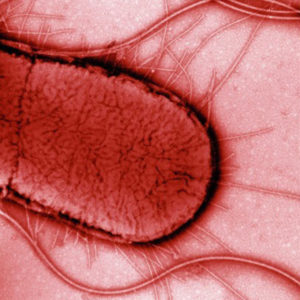Genomics and Clinical Microbiology
20–25 January 2019
Wellcome Genome Campus, UK
Cutting-edge molecular and genomic techniques for microbiological diagnostics and infection epidemiology.
Summary
The future of microbiological diagnostics and infection epidemiology is increasingly centred on rapid molecular testing and the application of nucleotide sequencing technologies. Consequently, clinical microbiologists and related practitioners have to process and interpret molecular data, which are very different from the information generated by familiar culture-centric clinical microbiology techniques.
To demystify this crucial, exciting, and expanding area, the Genomics and Clinical Microbiology course combines practical hands-on laboratory and bioinformatics work with faculty lectures by, and discussions with, leaders in the field. The aim is to equip clinical scientists, specialist registrars, and consultants in infection disciplines with sufficient understanding of these areas to meet these immediate challenges.
What will I learn on the course?
This course concentrates on the application of cutting-edge molecular and genomic techniques that are currently being implemented, but also explores novel approaches that will enter clinical practice in the near future.
Th programme covers a wide range of topics and methodoligies, including sample collection and preparation; characterization of specimens with a variety of molecular techniques; and data interpretation and dissemination, using a range of practical, bioinformatics approaches.
The practical part of the course provides laboratory and computer sessions that examine the application of molecular, specifically genomic, techniques to three key clinical scenarios:
- Tuberculosis
- Hospital acquired infection
- Encapsulated bacteria.
There will also be demonstrations of the uses of different approaches in these clinical areas. Participants will use data generated on the course to make clinical and infection control decisions.
PLEASE NOTE: bursaries are available for clinical and academic applicants from anywhere in the world to attend this course.
CPD Accreditation
The course has been approved for 44 CPD credits by the Royal College of Pathologists.
Programme
The course will cover a range of cutting-edge diagnostic techniques including:
- Design, implementation, and interpretation of real time PCR tests for pathogen detection;
- Molecular approaches to detect multiple pathogens;
- Whole genome sequencing (WGS);
- PCR and Sequence-based isolate characterisation;
- Bioinformatics and data interpretation;
- Outbreak investigation;
- Data interpretation and dissemination.
Issues included in practical classes, demonstrations, and/or lectures:
- Practical aspects of developing a molecular diagnostic service
- Conceptual basis and background to microbial phylogenetic analysis and population biology;
- Specimen collection and contamination problems;
- Biological background to WGS approaches, including next generation and third generation sequencing;
- Technique discrimination – identifying the question and choosing the appropriate technique;
- Case studies demonstrating the relative merits of ‘genetics’ and ‘culture’
CPD Accreditation
The course has been approved for 44 CPD credits by the Royal College of Pathologists.
Learning Outcomes
Having completed the course, participants will have acquired:
- An advanced understanding of the theoretical bases of pathogen genomics, including the application of population genomics to epidemiology and clinical microbiology;
- An extensive appreciation of the currently available technologies for whole genome analysis and likely future developments;
- A thorough knowledge of the clinical applications of genomics in developing diagnostics and how these can be deployed and exploited in clinical settings;
- An extensive overview of the latest research and development in the area, informed by state-of-the-art examples.
They will also have performed:
- A wide range of molecular analyses, including whole genome sequencing on diverse platforms;
- A range of molecular diagnostic techniques utilising genomics;
- Data analysis using a wide variety of software, including variant mapping and gene-by-gene analysis;
- An investigation of three clinical scenarios that illustrate how the techniques, software, and theoretical approaches covered can be applied in real-world situations.
Instructors and speakers
COURSE INSTRUCTORS
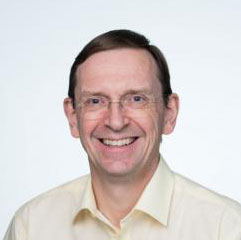
Martin Maiden
University of Oxford, UK
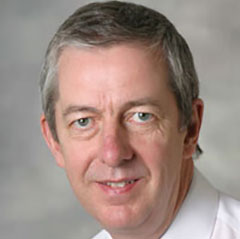
Stephen Gillespie
University of St Andrews, UK
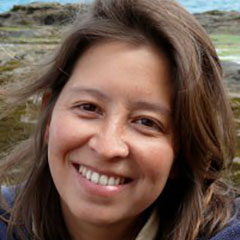
Estee Torok
University of Cambridge, UK
GUEST SPEAKERS
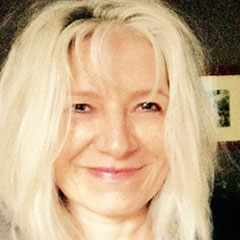
Cath Arnold
Public Health England, UK
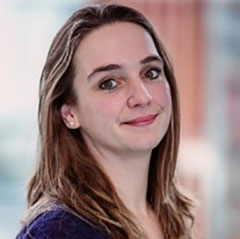
Debby Bogaert
University of Edinburgh, UK
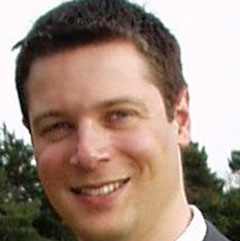
Xavier Didelot
Imperial College London, UK
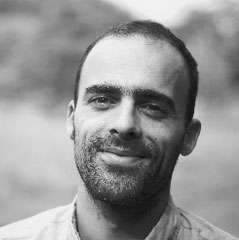
Nuno Faria
University of Oxford, UK
How to apply
Prerequisites
Applicants should be clinical scientists, specialist registrars or consultants in medical microbiology.
CPD Accreditation
The course has been approved for 44 CPD credits by the Royal College of Pathologists.
Applications
Applications can be submitted online. Places are limited and will be awarded on merit. If you have any problems with the online application process, please contact us.
Please note: Applications must be supported by a recommendation from a scientific or clinical sponsor (e.g. supervisor, line manager, or head of department). A request for a supporting statement will be sent to your nominated sponsor automatically during the application process. Applicants must ensure that their sponsor provides this supporting statement by the application deadline. Applications without a supporting statement cannot be considered.
Deadline for applications: Closed
Travel visas
Please contact the event organiser if you require a letter to support a travel visa application to the UK. Note that letters will only be provided to confirmed attendees.
Non-European Economic Area or Swiss nationals may be required to have a visa to enter the UK. Early application is strongly advised, as this process can take 6-8 weeks or longer.
Please visit the following websites for further information: UK Border Agency website and information for general visitors and business visitors.
Cost
| Cost | Accommodation / meals | |
| *Course fee | £800 | This is a residential course and the fee includes all accommodation and meals. |
*The course fee is subsidised by Wellcome Genome Campus Advanced Courses and Scientific Conferences and applies to non-commercial applicants.
Please contact us for the commercial fee.
Bursaries
Advanced Courses are subsidised for non-commercial applicants from anywhere in the world. Additional, limited bursaries are available (up to a 50% reduction of the course fee) and are awarded on merit. If you would like to apply for a bursary, please complete the bursary section of the online application form.
Please note that both the applicant and sponsor are required to provide a justification for the bursary as part of the application.
Additional funding opportunities
Visit our support page for additional financial support currently available.
Testimonials
Feedback from the 2018 Course
“Fantastic course. Thank you so much to the organizers and instructors for delivering some of the highest quality training I have ever received.”
“Great course. Should be compulsory for all infection trainees!”
“Thank you all, a really fantastic course – am now buzzing with ideas about how to try and introduce into clinical practice!”
“A big thank you to the course team, including teachers and support staff! It was an amazing course.”
“The course instructors were warm, patient and helpful. They took the extra effort of ensuring that everyone could keep up during the course. The assistants were very dedicated and did a lot of “behind-the-scenes” work. I greatly enjoyed the interactive sessions between the instructors, assistants and participants. I am very grateful for the opportunity to attend this course and would recommend this course to microbiologists and public health scientists for a comprehensive introduction to the use of genomics for clinical microbiology.”
